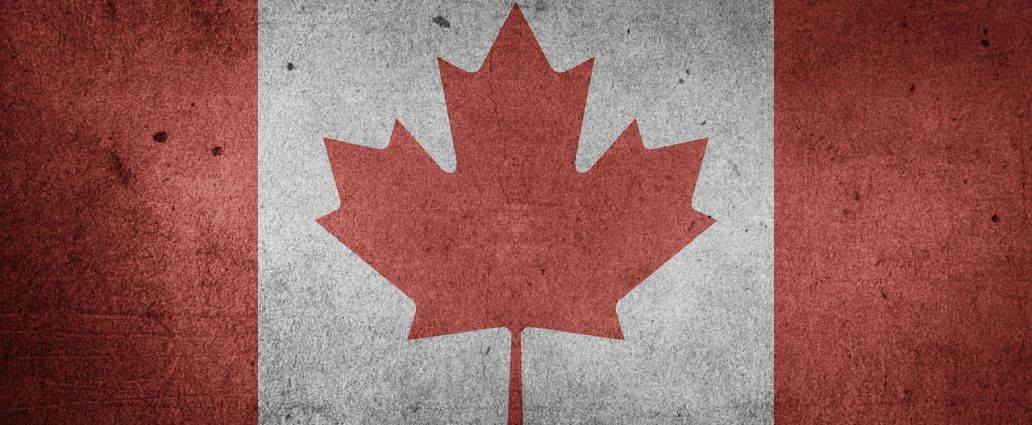Starting from 15 December 2019, the Canadian Transportation Agency’s (CTA) Regulation on Air Passenger Protection became fully effective. The present version of this regulation features all the contributions made during its development stage by the parties involved, namely representatives of the airline industry and consumer protection groups while extensive consultations with the general public also took place.
The aim of the new regulation is to implement a warrant for protection of some basic air passenger rights ‘by imposing certain minimum airline requirements in air travel – including standards of treatment and, in some situations, compensation for passengers.’ This regulation applies to all flights operating to, from and within Canada and is designated to set some clear obligations for air carriers, regarding the care of passengers in certain areas. The list of such areas includes events of flight cancellation or delay, denial of boarding, tarmac delays, lost and damaged baggage, transportation of musical instruments, seat assignment for minors of less than 14 years of age and the framework of the airlines’ communication with its passengers.
The recent introduction of this regulation makes it the most advanced and up-to-date compared to other similar regulations around the world. There are some novelties, which could dispel a lot of legal doubts while the time will come to build a significant practice of its real-world application. Namely, according to this regulation, different requirements for compensation and rebooking apply to different airlines, depending on the size of the air carrier. The air carriers, according to this regulation, are divided into two categories:
So what is the amount of delayed or cancelled flight compensation in Canada?
The regulation explicitly states that the passengers of the airlines, who experienced delayed or cancelled flights that were in airlines’ control and were not related to safety issues, are entitled to flight compensation, based on the length of delay at arrival at the point of passengers’ final destination. Either your flight is delayed and you reach your destination on the same plane you were supposed to or your flight is cancelled and you are boarding another one, it’s the time of delay in your arrival at the final point of destination that matters:
Large airlines
| For delays of 3 to 6 hours | $400 CAD (€270) |
| For delays of 6 to 9 hours | $700 CAD (€475) |
| For delays of more than 9 hours | $1000 CAD (€680) |
Small airlines
| For delays of 3 to 6 hours | $125 CAD (€85) |
| For delays of 6 to 9 hours | $250 CAD (€170) |
| For delays of more than 9 hours | $500 CAD (€340) |
And what is the amount of compensation for denied boarding in Canada?
The regulation states that compensation should be even higher when it comes to a situation of denied boarding. The amount which airline is required to pay the passenger in that event is based solely on the time which finally took him or her to get to the final destination.
| From 3 to 6 hours | $900 CAD (€610) |
| From 6 to 9 hours | $1800 CAD (€1220) |
| From more than 9 hours | $2400 CAD (€1630) |
It is worth mentioning that such practice and the corresponding amounts of compensation are set following the practice of the United States rather than the one implemented in the EU.
The regulation also clearly defines the timeframe for a passenger of the disrupted flight to claim flight compensation from the airline. It’s the one year from the date of a disrupted flight and the air carrier is obliged to respond within 30 days from receiving the claim. The response can come either by directly issuing a payment or by explaining to a passenger why the airline believes that they are not entitled to compensation.
This regulation also states that if the airline fails to meet its legal obligations under this legal act, it may be subjected to administrative penalties of up to 25 000 CAD (which is about 17 000 Eur) for every case of non-compliance.
Some parts of this regulation are already enforced since the air carriers operating flights to, from or within Canadian territory are obliged to meet new requirements regarding communication, denied boarding, tarmac delay, baggage loss or damage and the transportation of musical instruments as of July 15, 2019. In addition, from 15 December 2019, when the whole regulation will be enforced, they also should be acting according to the rules regarding delayed or canceled flights, as well as the strict guidelines for seating of children under the age of 14.
The Canadian Transportation Agency admits that one of the main aims for the introduction of this regulation was to bring national air travel regulation closer to the one implemented in the European Union and tailor it to the needs of modern air travel, stating that ‘the policy intent that the Canadian regime be world-leading’. Would it be? Only time will tell.
If you have experienced a flight disruption when flying to/from or within Canada, reach out to our Customer Support specialists at support@skycop.com and we will help you get your flight compensation!
Related articles:
European Passenger Rights Are Valid in Canada: Claim a Compensation for a Disrupted Flight
When Is A Flight Disruption The Airline’s Fault?
Flight delay compensation calculator
Will Travelers Be Happy with the Air Passenger Rights Reform?
